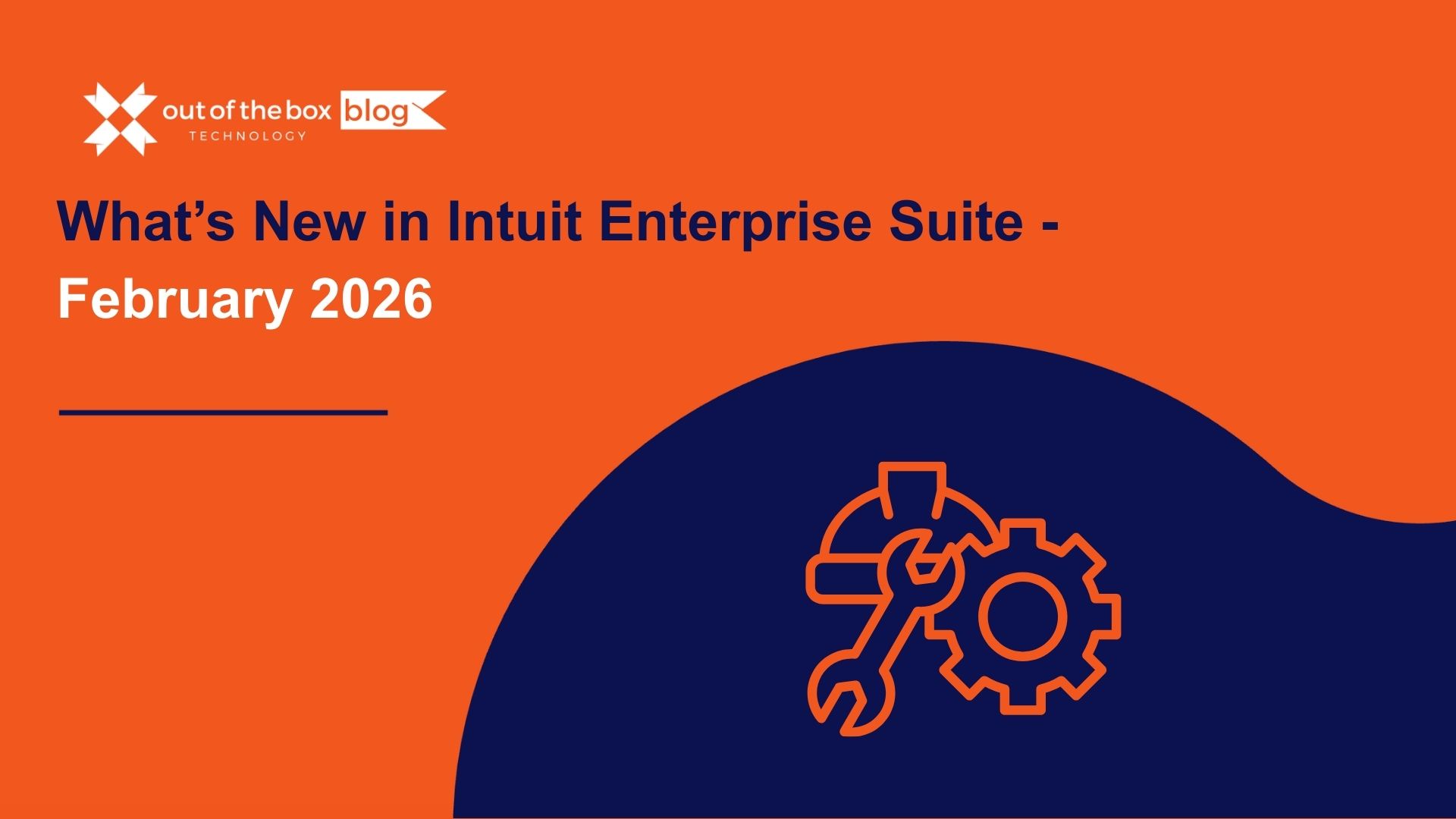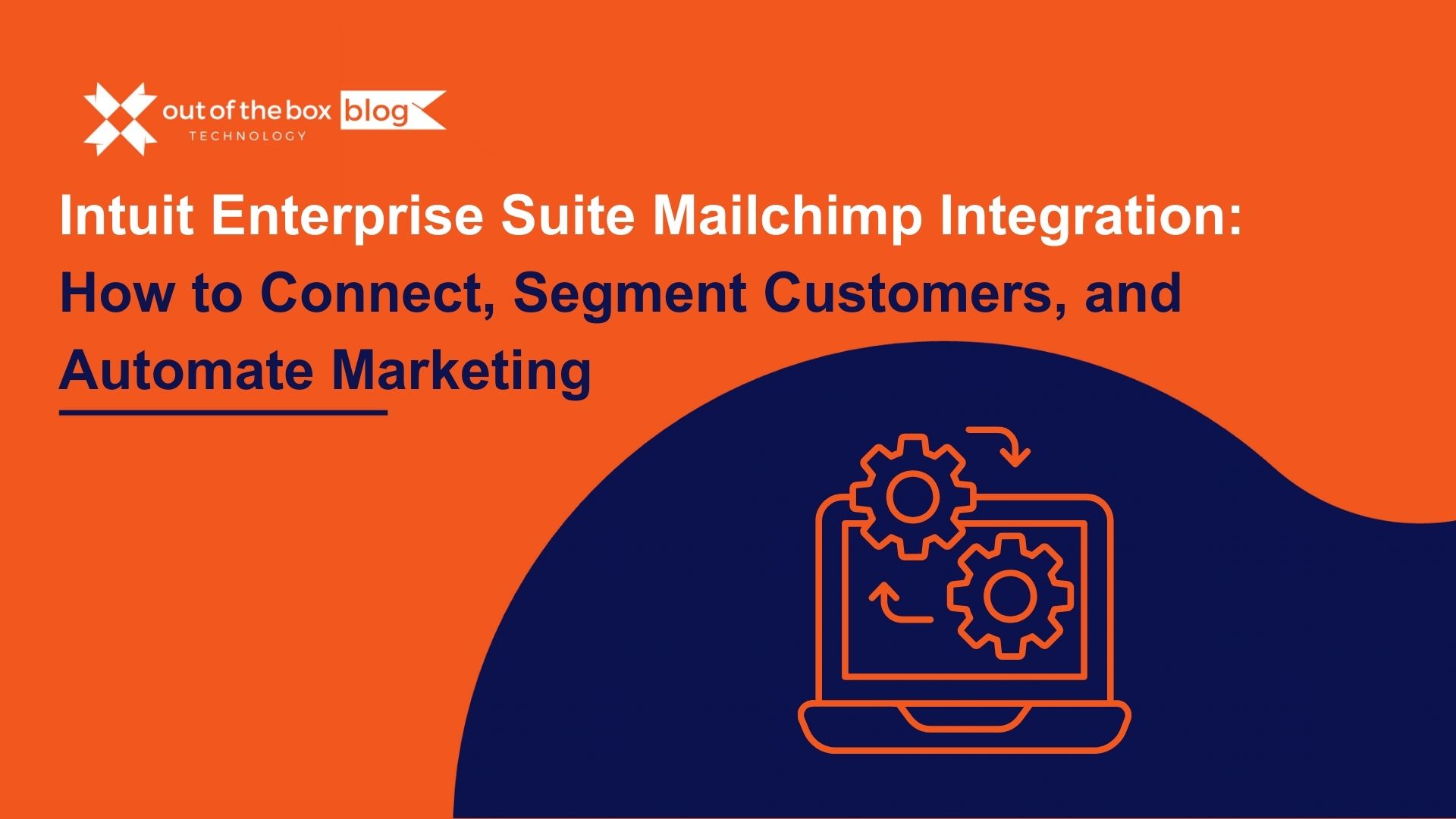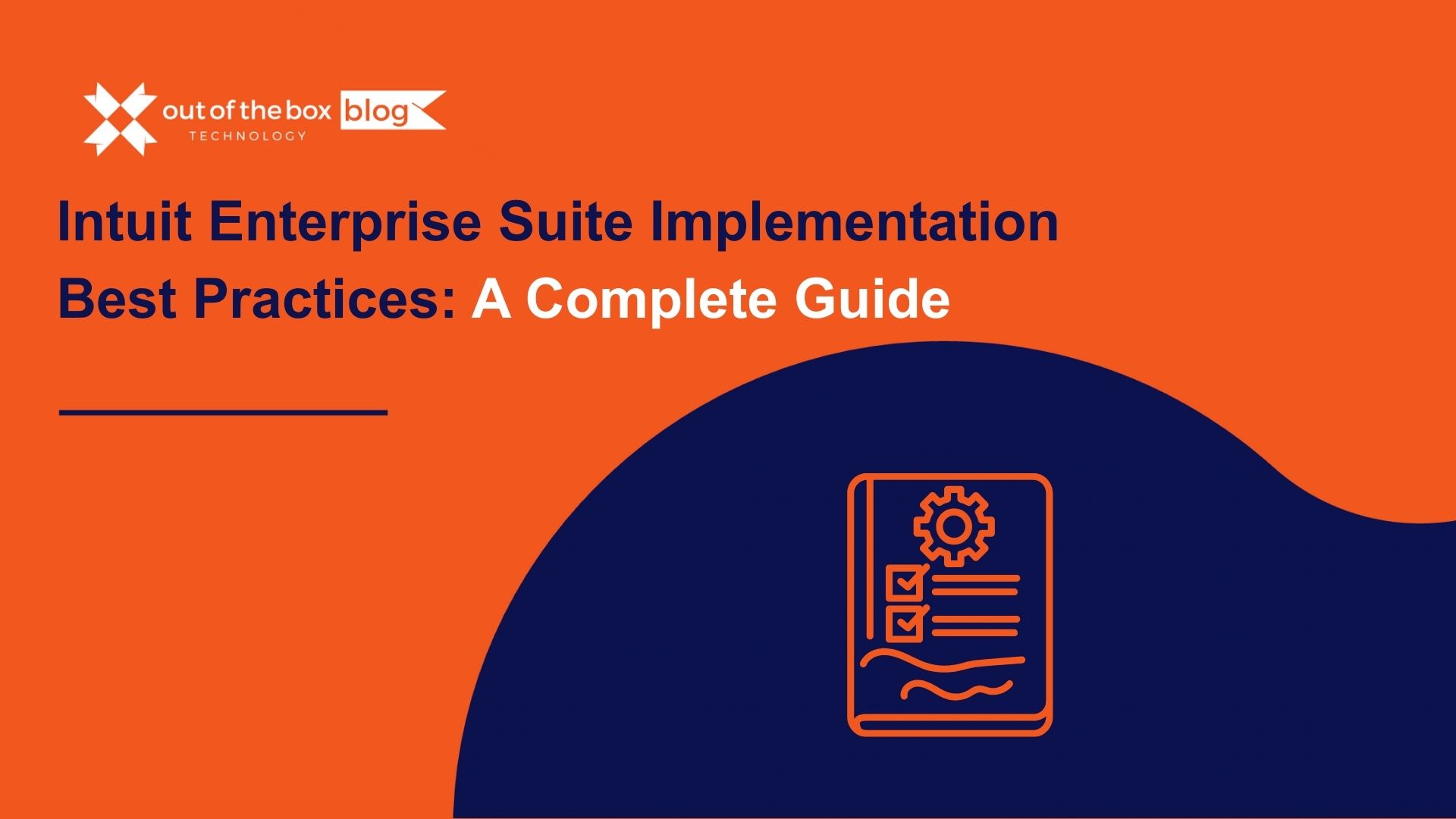Efficient inventory management is critical to the success of any business dealing with physical goods. Poorly managed inventory can lead to cash flow issues, missed sales opportunities, and unhappy customers. In today’s fast-paced, data-driven marketplace, many businesses turn to bookkeeping software to streamline their inventory processes. This software plays a pivotal role in not only tracking inventory levels but also improving accuracy, automating workflows, and optimizing supply chain decisions.
In this blog post, we’ll dive into how bookkeeping software enhances inventory management, supported by data, examples, and industry insights.
The Intersection of Bookkeeping and Inventory Management
Inventory management and bookkeeping are deeply intertwined. Accurate financial reporting relies on precise inventory data, and vice versa. Bookkeeping software that integrates inventory management features provides businesses with a single platform for monitoring inventory, expenses, and revenue. This synchronization helps ensure that financial records accurately reflect the flow of goods in and out of a business.
In a 2023 study by Gartner, it was found that businesses that used integrated software solutions for both accounting and inventory management reduced manual errors by 30% and increased financial accuracy by 25% . This is a strong case for why adopting bookkeeping software with inventory features can be beneficial.
1. Real-Time Inventory Tracking and Reporting
One of the most significant advantages of using bookkeeping software for inventory management is real-time tracking. Traditional inventory systems often rely on periodic updates, but modern software solutions allow businesses to access up-to-the-minute data on stock levels. This functionality is crucial for businesses with fluctuating inventory or high-volume sales.
For example, QuickBooks Online offers built-in inventory tracking features that provide real-time updates on stock levels. This enables businesses to avoid overselling products or holding excess inventory, which can lead to dead stock and increased holding costs. Real-time inventory tracking also allows for more accurate financial reporting, as it ensures that all product sales, returns, and purchases are immediately reflected in the company’s financial statements.
2. Automation of Inventory Processes
Manual inventory management can be tedious, time-consuming, and error-prone. Bookkeeping software can automate several inventory management processes, reducing the risk of human error and saving businesses valuable time. Automation ensures that tasks such as order management, stock level adjustments, and cost tracking are seamlessly handled by the software.
For instance, cloud-based platforms like Xero offer automatic inventory updates when a product is sold or purchased. This eliminates the need for manual data entry, minimizing discrepancies and making inventory management more efficient. A 2022 report by Xero stated that businesses using their automated inventory features saved up to 18 hours a month on inventory-related tasks, enabling staff to focus on more value-added activities.
3. Improved Inventory Valuation and Cost Management
Inventory valuation is essential for accurate financial reporting and tax compliance. There are several methods for inventory valuation, such as First-In-First-Out (FIFO), Last-In-First-Out (LIFO), and Weighted Average Cost. The right bookkeeping software allows businesses to choose the appropriate inventory valuation method that best suits their operations while ensuring compliance with accounting standards.
For example, QuickBooks allows users to set inventory valuation methods such as FIFO or weighted average cost, and automatically adjusts the cost of goods sold (COGS) based on the method chosen. This ensures that businesses are reporting accurate financial data to stakeholders and tax authorities. A study by Accounting Today found that businesses that switched to using bookkeeping software with built-in inventory valuation capabilities saw a 20% improvement in cost management due to better tracking of inventory value.
4. Seamless Integration with Supply Chain and Sales Channels
Effective inventory management goes beyond tracking stock levels—it’s about optimizing the entire supply chain. Bookkeeping software with inventory management features allows businesses to integrate with suppliers and sales channels, providing a unified view of the entire product lifecycle. This integration helps businesses make informed purchasing decisions, ensuring that stock levels are optimized based on demand.
For instance, Zoho Books offers integration with various e-commerce platforms, such as Shopify and Amazon, providing businesses with a streamlined way to manage inventory across multiple sales channels. By synchronizing sales data with inventory levels, businesses can automatically reorder products when stock is low, reducing the risk of stockouts. Zoho reports that businesses using its integrated inventory features reduced stockouts by 15% in 2023 .
5. Enhanced Data-Driven Decision Making
Data is king in today’s business environment, and the insights gained from bookkeeping software can be invaluable for inventory management. By providing comprehensive reports on inventory turnover, product performance, and profit margins, bookkeeping software enables businesses to make data-driven decisions about purchasing, pricing, and inventory levels.
For example, businesses using NetSuite’s inventory management features benefit from its robust reporting tools, which allow them to track inventory turnover rates and identify slow-moving products. This data can help businesses decide which products to promote or discount and which to discontinue, optimizing their inventory investment and increasing profitability. According to a report by NetSuite, businesses that implemented their inventory management system increased their inventory turnover by 22% within the first year.
6. Reduction of Stock Discrepancies and Shrinkage
Inventory shrinkage—due to theft, damage, or administrative errors—can significantly impact profitability. Bookkeeping software helps reduce shrinkage by maintaining accurate records and implementing automated checks and balances. Regular inventory audits and real-time tracking can flag discrepancies early, allowing businesses to address potential issues before they become major problems.
For example, businesses that use FreshBooks for inventory management can quickly compare physical stock counts with digital records, ensuring discrepancies are caught and corrected. This reduces the likelihood of theft or loss. A survey by Small Business Trends found that businesses using bookkeeping software with automated inventory audits reduced shrinkage by an average of 12% .
7. Compliance with Tax Laws and Regulations
Inventory management plays a crucial role in tax reporting, especially for businesses that deal with large volumes of goods. Bookkeeping software simplifies compliance by keeping accurate records of inventory purchases, COGS, and sales. This ensures businesses can easily comply with tax laws and regulations, reducing the risk of fines or audits.
For instance, Sage Business Cloud Accounting provides tax compliance features that automatically generate inventory-related financial statements and tax reports, making it easier for businesses to meet regulatory requirements. This reduces the administrative burden on business owners and minimizes the risk of reporting errors.
Conclusion
The role of bookkeeping software in inventory management cannot be overstated. From real-time tracking and automation to improved accuracy and compliance, the integration of bookkeeping and inventory management features provides businesses with powerful tools to streamline operations and enhance profitability. As inventory management becomes more complex in 2024, leveraging bookkeeping software is essential for staying competitive and maximizing efficiency.
By adopting bookkeeping software with integrated inventory management features, businesses can make more informed decisions, reduce costs, and improve overall financial performance—ensuring long-term success.
Meet with a QuickBooks service expert today!
Schedule a complimentary QuickBooks service consultation to find out the recurring accounting services to help your business run at its best.




